|
Most of us will know that feeling - our attention can drop off during the day and our efficient mornings can then blend into less efficient afternoons. And Friday afternoon? Well, you can write that off!
This feeling, or assumption, is now backed up by some science, and pretty solid science at that in a novel piece of research. The research was conducted by a team around Drs. Taehyun Roh and Nishat Tasnim Hasan of the Texas A&M University. Much previous work has used self report studies or wearable technology for short periods of time - these can be invasive and in the case of self reporting very subjective. In this study the researchers tracked a large group of workers (789) at an energy company in Texas over two full years making this an impressive real world dataset. What they found is that computer use and output increased to Wednesday and then dropped off until Friday. What’s more, usage dropped off in the afternoon and also typos increased - a sign of fatigue and wavering attention. This was particularly bad on Friday afternoons - probably no surprise there - fatigue setting in not to mention the psychological impact of the looming weekend. The authors argue that this also supports shorter working weeks and other forms of work such as hybrid work or working from home as this can counter fatigue and increase productivity. After looking at the data it seem like it would make sense to just cancel Friday! Alas but then Thursday may become the new Friday. But seriously, evidence is strong for the effectiveness of the 4-day work week. One solid study published early in the year for Cambridge University showed increased wellbeing while preserving productivity. Sounds good to me! by ANDY HAYMAKER Photo credit: Pexels Reference: Taehyun Roh, Chukwuemeka Esomonu, Joseph Hendricks, Anisha Aggarwal, Nishat Tasnim Hasan, Mark Benden. Examining workweek variations in computer usage patterns: An application of ergonomic monitoring software. PLOS ONE, 2023; 18 (7): e0287976 DOI: 10.1371/journal.pone.0287976 More research showing that a little can do a lot In the quest for fitness and health there has been a focus on exercise as a key factor - we all know that. And recommendations are normally about increasing heart rates over long periods of time or possible also shorter more intensive sessions. These have also been shown to improve cognitive function - making your brain more effective.
However, the route to greater health may be easier - or more specifically of enhanced brain function. The effects of light activity in the focus on more intensive and extensive exercise has been largely underestimated - and is considered by some to be a key factor in public health. Our engagement in light activity has over the decades decreased significantly - see my previous article here. Become a free or paid subscriber. In this research just out Ryuta Kuwamizu and colleagues of the University of Tsukuba in Japan conducted a simple but effective experiment. In this participants did 10 mins of easy exercise - in this case light pedalling while seated. During this they measured pupil dilation because this is also related to brain function specifically executive function. Executive function refers to harder cognitive tasks such as decision making, short-term, memory, calculation, and analysis - basically what many consider the heavy lifting of the brain in our daily lives. Yes, and indeed just this short light exercise intervention increased delation of the pupil and this was directly related to improved executive functions which was determined though scanning the frontal part of the brain where our executive functions reside with a technique called near infrared spectroscopy. This therefore points to, as I have mentioned in other places, the significant benefits of short bouts of light exercise on improved brain function - something of particular interest to businesses no doubt. I have long since promoted the idea of regular short walking breaks - this shows again why. For a review of the benefits of walking see this article here). Not that it has to be at work - a walk or light exercise will improve your brain function - and that is good for all of us, all the time. by ANDY HAYMAKER Photo credit: Pexels Reference: Ryuta Kuwamizu, Yudai Yamazaki, Naoki Aoike, Taichi Hiraga, Toshiaki Hata, Michael A. Yassa, Hideaki Soya. Pupil dynamics during very light exercise predict benefits to prefrontal cognition NeuroImage, Volume 277, 2023. https://doi.org/10.1016/j.neuroimage.2023.120244 When a company focuses solely on reaching targets and continually pushes employees to reach these goals, the side effects often result in a high turnover and burnout rate.
Ironically, this can cause the company NOT to achieve its targets in the desired timeframe. Pushing too hard in one direction results in an inevitable push back from the opposite direction. This is a law of nature that applies to the business world as well. Stressed employees trying to reach sometimes unrealistic or unnecessary targets tend to operate at half of their capacity. They start to make mistakes and lose track of the details amid their overwhelming work schedules. They tend to suffer physically exhaustion as well. All of this hurts productivity, the very thing the company is trying to increase. A lack of self-confidence can negatively affect one or all areas of you life. Life Coach Rebekah Fensome provides 8 surefire ways to boost your self-esteem.
I am so proud of my client Sophie. She came to me six months ago with self-confidence issues. She felt intimated by certain people at work as she believed they were better than her and when she was placed in social situation where she had to talk to new people she felt they did not really want to be stuck talking to her. I truly believe that no one want to talk to me, she told me. I am boring and do not know what to say most of the time. My mind goes blank when I meet new people and I get really embarrassed trying to make small talk at work. As for dating – I have not done that for 2 years! After a couple of sessions with Sophie, it became clear that she had lost sight of who she was, what her values were and what made her unique and special. She had also got into the unhelpful habit of putting herself down in front of people and been in her current job for two years without a promotion. She also strongly believed that men did not find her attractive and regarded her as a friend and nothing else. Eight tips to better self-esteem Here are some of the discoveries we made and techniques we developed together: In the Oxford Dictionary, the definition of a “control freak” is “a person who feels an obsessive need to exercise control over themselves and others and to take command of any situation.” The Merriam Webster dictionary says that a control freak is “a person whose behaviour indicates a powerful need to control people or circumstances in everyday matters.”
This personality trait could stem from a chaotic childhood, alcoholic parents, abusive behaviour, or early abandonment. Such experiences can make it hard for people to trust or relinquish control to others. The fear of falling apart pushes them to control what they can. As their emotions are all over the place, they feel loss of control. For this reason control freaks will micromanage whatever they can with the belief that this makes them strong. People who feel out of control tend to become controllers. I imagine each and every one of us is a control freak, or takes on the behaviour of such, at some point or another. The fear of failure is what makes it so important to control everything when you do not trust anybody else to do a good job. One difficult aspect of being around a control freak is accepting that they do not understand how their behaviour and choice of words affect the people around them. Another difficult aspect is not to take it personally. This behaviour comes from deep inside and the person is actually quite unaware of being a control freak. Which of us doesn’t want to have a good life? Who doesn’t want to be enough? With a lovely house and garden, sweet children, a loving spouse, who come together for breakfast, lunch, and dinner. A life filled with good friends who celebrate over an elaborate meal and extended family that come together often with smiles and hugs. A life with a rewarding job that appreciates your work and brings out your best.
While these scenarios might be things that people dream about, they are scenes from stock photos, advertising campaigns, lifestyle shows, and social media influencers. Yet they inspire us to want to be perfect, to have perfect lives. They prey on our feelings that we are not enough. Then, for many of us, the drive to have a perfect life overwhelms. In her book, End the Struggle and Dance With Life, Susan called the drive to always be perfect an addiction. Always having to be the best, always going above and beyond, always having to prove yourself are just ways of trying to show the world, and yourself, that you are good enough. Being a perfectionist, while it might look as if everything is fantastic, takes its toll on our health and our relationships. It can also hold us back from new opportunities. All those images and videos we see of perfect-looking people living perfect lives only has the echo of truth in them. What we never see in those images is the mess behind the camera. The other people working behind those scenes to make the illusion seem real. So while those images make us feel as if we are less than perfect, they only represent something superficially “perfect.” The reason our addiction to perfection can be so devastating is that we believe our self-worth is measured by our performance. But since no one is perfect, it is impossible to attain self-worth through perfection. Trying to be perfect in everything we do is only a means to feel as if we are good enough. Self-help Audiobook: BALANCE - A Practical Handbook for Life's Difficult Moments by Suzie Doscher19/7/2023
Listen to the INTRODUCTION to the self-help book: |
Suzie Doscher is a Professional Executive Coach focusing on Personal Development. Located in Zurich, Switzerland. Her approach to personal development is practical and successful.
Suzie is happiest when helping people. Her vision is everyone should have access to techniques for personal growth and development. This was the motivation behind her book. Author |




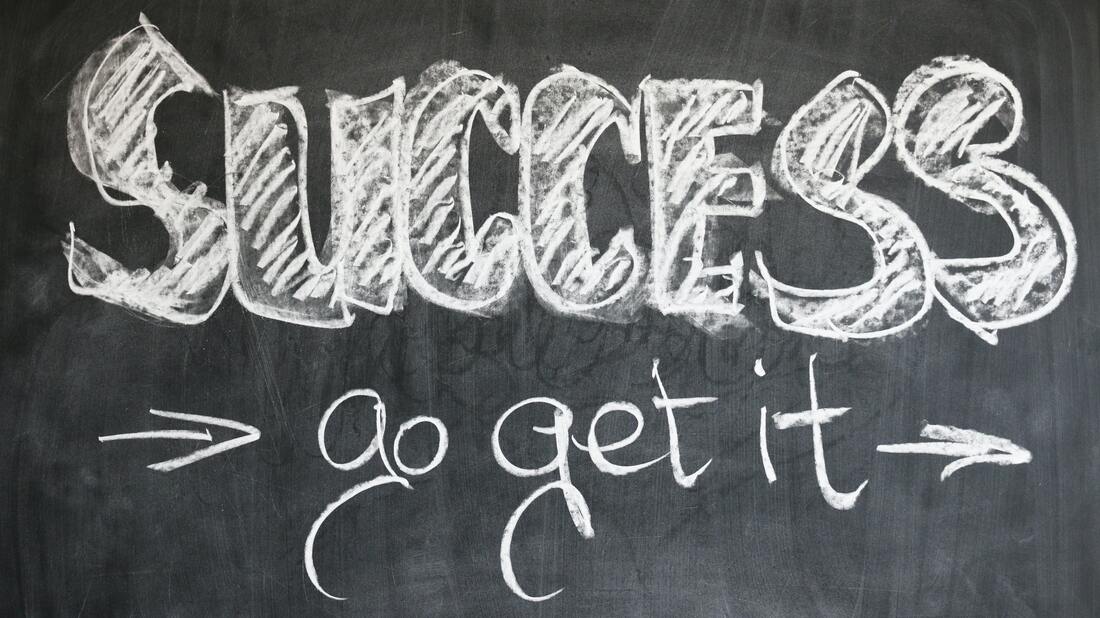

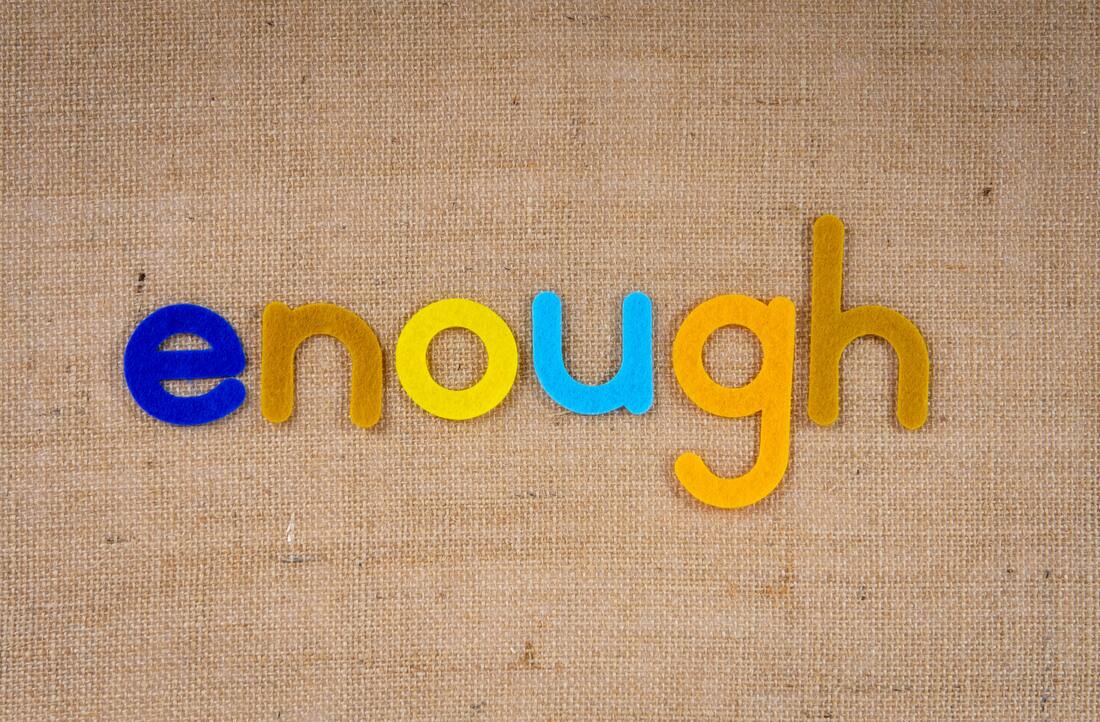





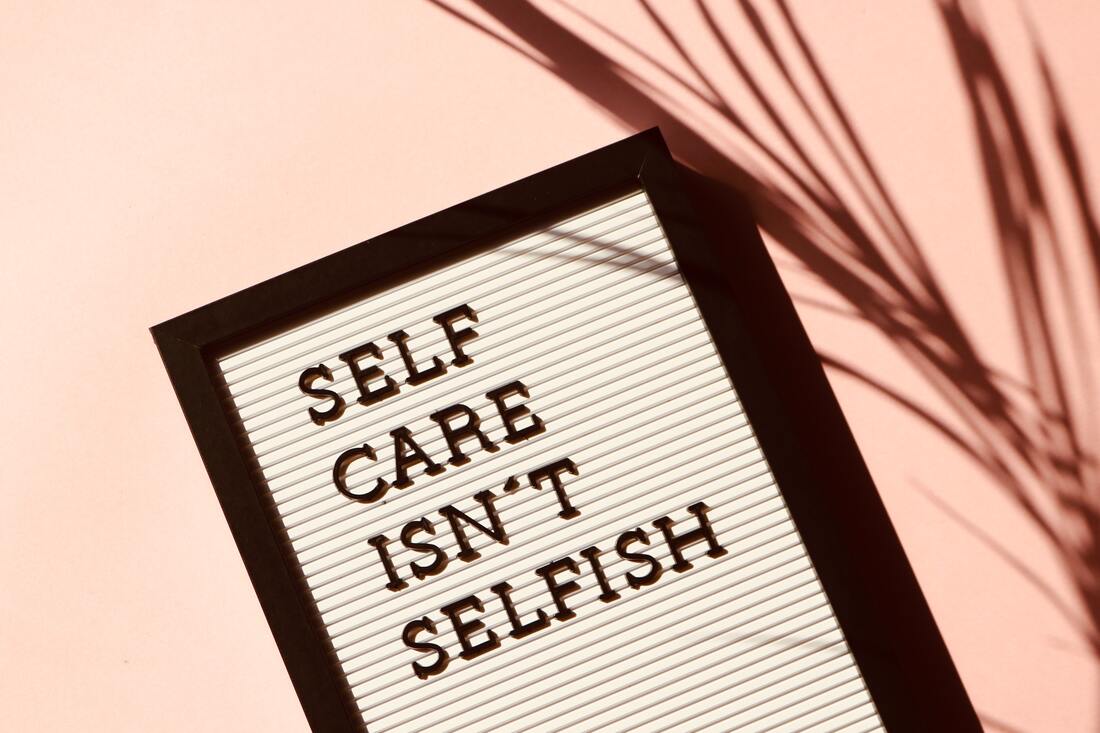








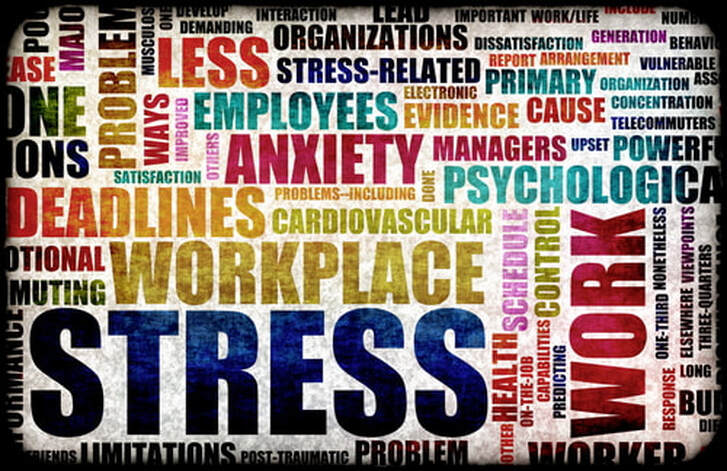
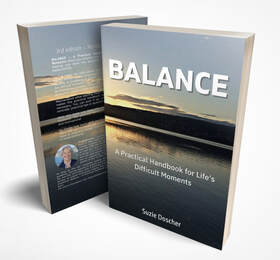
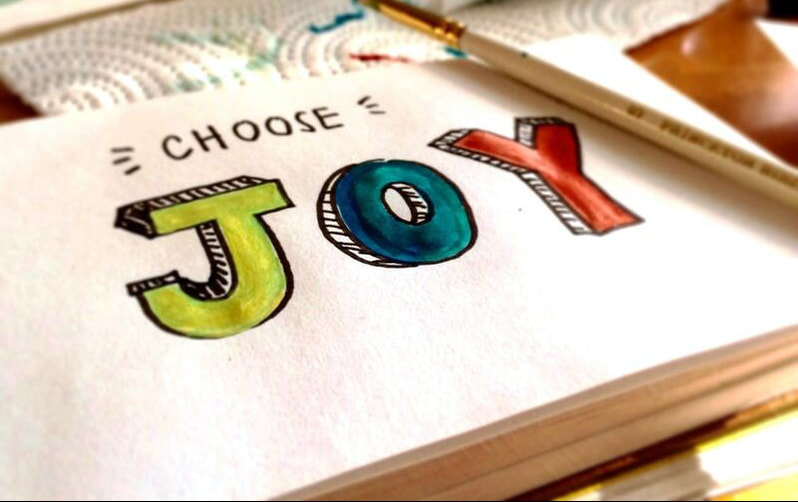



 RSS Feed
RSS Feed

